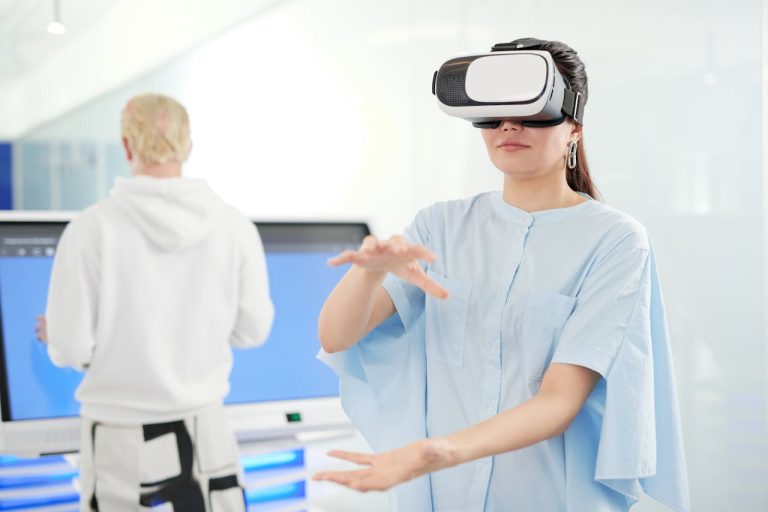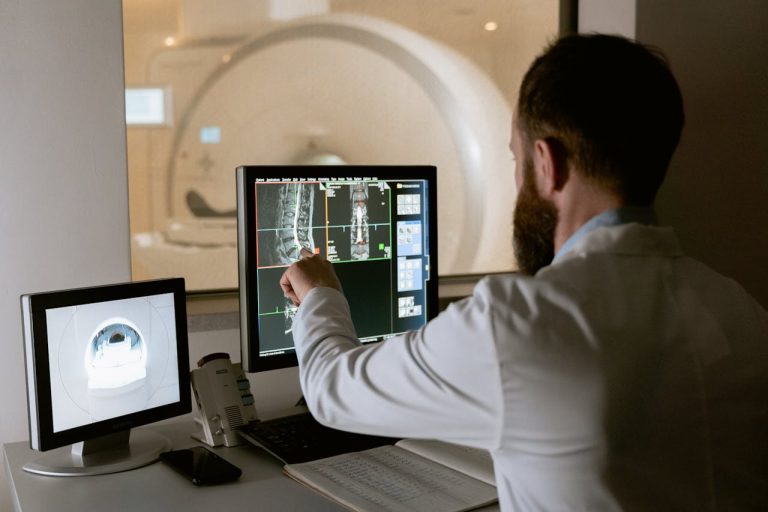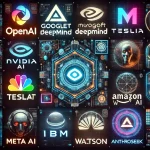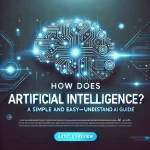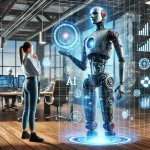Will AI replace your job? The rapid advancement of artificial intelligence (AI) is reshaping the job market at an unprecedented pace. While AI offers efficiency and automation, it also threatens to replace human jobs across multiple industries. By 2025, many professions will face significant disruption due to AI-driven automation.
In this article, we explore 10 professions most at risk of being replaced by AI and discuss the future of employment in an AI-driven world.
1. Data Entry Clerks
Risk Level: Very High

Why AI Will Replace This Job:
- AI-powered optical character recognition (OCR) and machine learning algorithms can process and analyze data far more efficiently than humans.
- Automated systems like RPA (Robotic Process Automation) handle repetitive data entry tasks with near-zero errors.
Future Outlook:
- Alternative careers: AI data analysts, machine learning model trainers.
2. Telemarketers
Risk Level: Very High

Why AI Will Replace This Job:
- AI chatbots and voice assistants powered by NLP (Natural Language Processing) can handle customer inquiries and sales calls.
- Companies prefer AI-driven marketing tools, reducing reliance on human telemarketers.
Future Outlook:
- Alternative careers: AI sales strategists, digital marketing specialists.
3. Cashiers
Risk Level: Very High

Why AI Will Replace This Job:
- Retail giants like Amazon Go and Walmart are implementing AI-powered self-checkout systems.
- Contactless payment methods and biometric recognition further reduce the need for cashiers.
Future Outlook:
- Alternative careers: Retail technology specialists, AI customer experience managers.
4. Factory and Manufacturing Workers
Risk Level: High
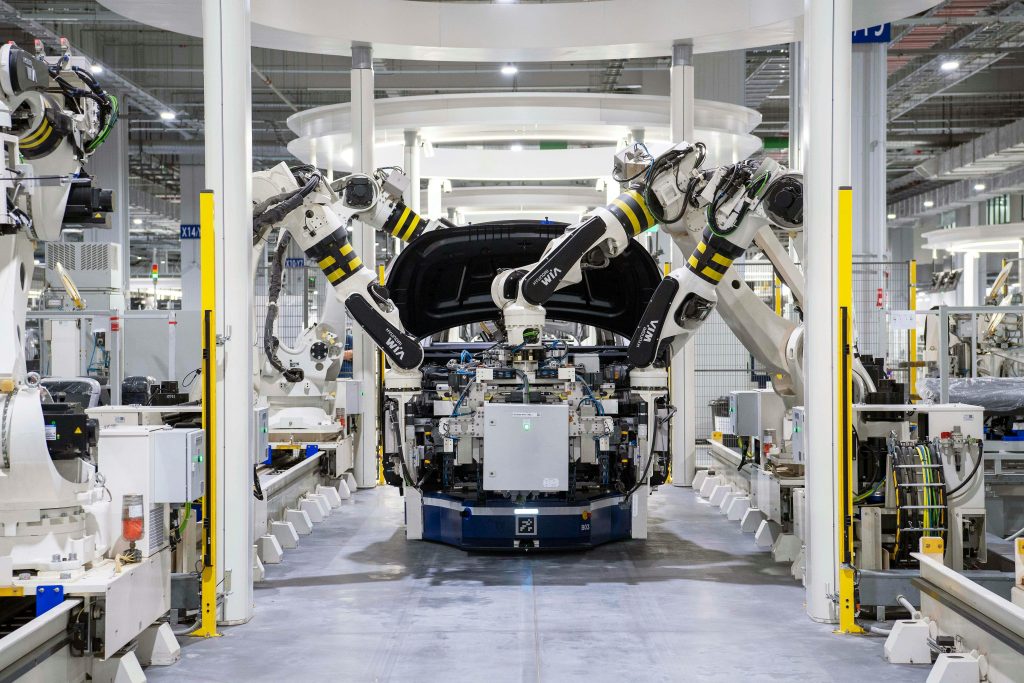
Why AI Will Replace This Job:
- AI-driven robotic automation is revolutionizing assembly lines.
- Robots can operate 24/7, reducing costs for manufacturers.
Future Outlook:
- Alternative careers: AI maintenance engineers, robotics technicians.
5. Truck and Delivery Drivers
Risk Level: High
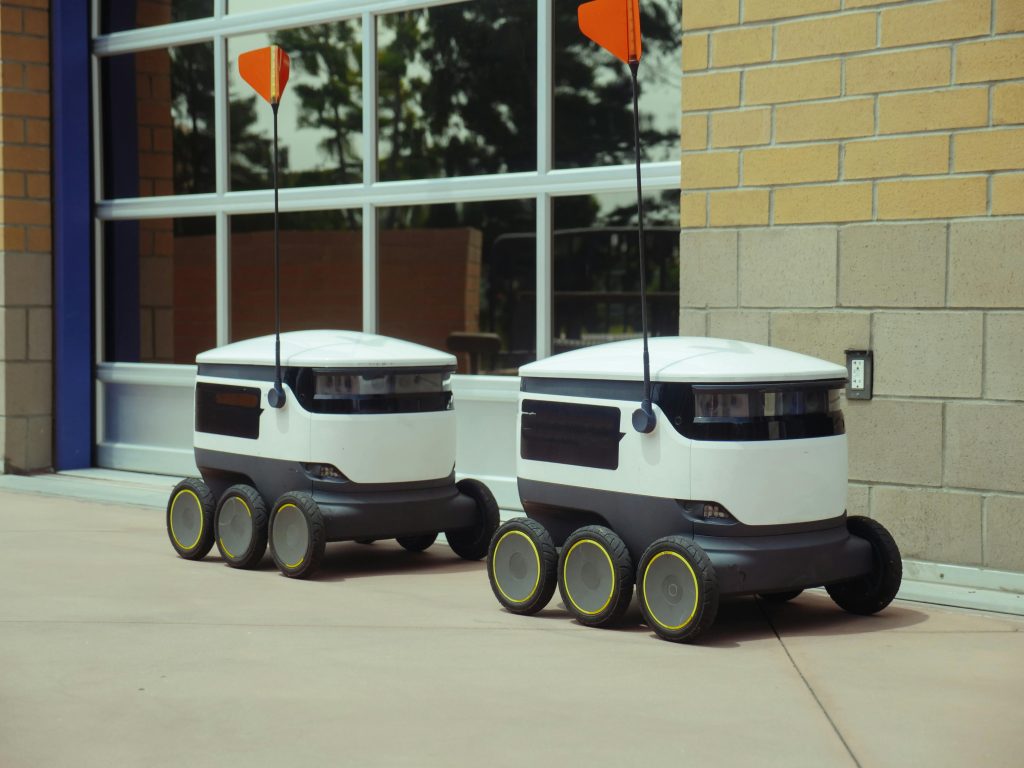
Why AI Will Replace This Job:
- Autonomous driving technology (e.g., Tesla, Waymo) is advancing rapidly.
- AI-powered delivery drones and robotic couriers are replacing human drivers.
Future Outlook:
- Alternative careers: AI logistics coordinators, autonomous vehicle technicians.
6. Customer Service Representatives
Risk Level: High
Why AI Will Replace This Job:
- AI chatbots like ChatGPT and Google Bard handle customer queries more efficiently than humans.
- AI-powered call center automation improves response time and accuracy.
Future Outlook:
- Alternative careers: AI support specialists, chatbot trainers.
7. Bank Tellers & Loan Officers
Risk Level: Medium-High

Why AI Will Replace This Job:
- AI-powered robo-advisors manage financial services and approve loans instantly.
- Mobile banking and AI-driven fraud detection reduce the need for human intervention.
Future Outlook:
- Alternative careers: AI financial consultants, fintech analysts.
8. Travel Agents
Risk Level: Medium-High
Why AI Will Replace This Job:
- AI-powered platforms like Expedia and Google Travel provide personalized recommendations.
- Chatbots handle bookings, reducing the need for human travel agents.
Future Outlook:
- Alternative careers: AI tourism consultants, travel tech specialists.
9. Journalists & Content Writers
Risk Level: Medium
Why AI Might Replace This Job:
- AI tools like ChatGPT and Jasper AI generate news articles, blogs, and reports.
- AI-driven content automation is improving at mimicking human writing styles.
Future Outlook:
- Alternative careers: AI content strategists, human-AI collaborative writers.
10. Lawyers & Paralegals
Risk Level: Medium

Why AI Might Replace This Job:
- AI-powered legal research tools streamline case analysis.
- Automated contract review reduces the need for paralegals.
Future Outlook:
- Alternative careers: AI ethics specialists, legal tech consultants.
Conclusion
AI is transforming the workforce, and many traditional jobs are at risk. However, AI also creates new job opportunities, shifting the focus to roles that require creativity, human judgment, and ethical considerations.
To stay ahead, workers must adapt to AI-driven changes, learn new skills, and embrace emerging opportunities in AI-integrated professions.


